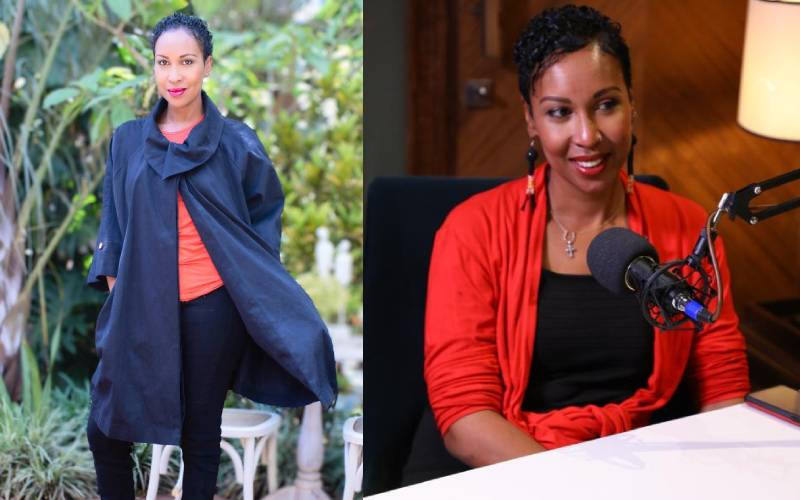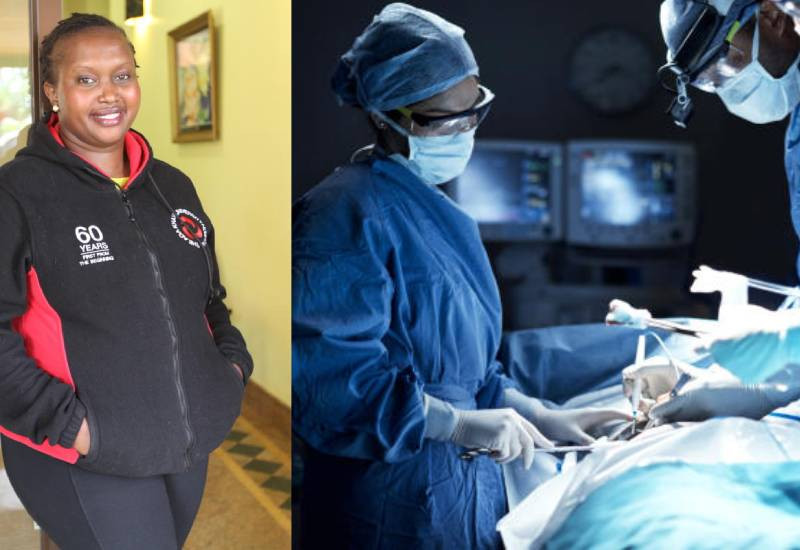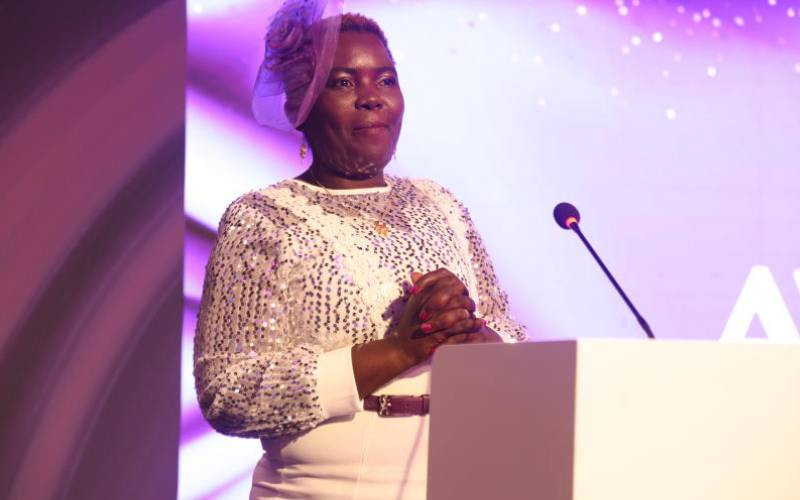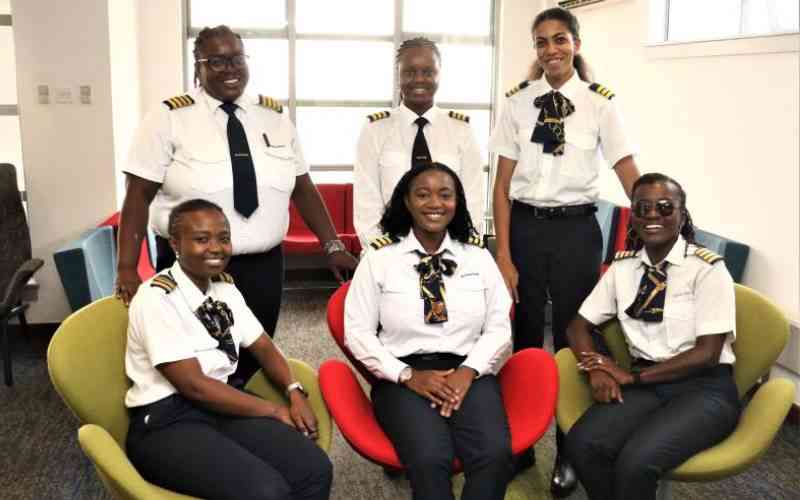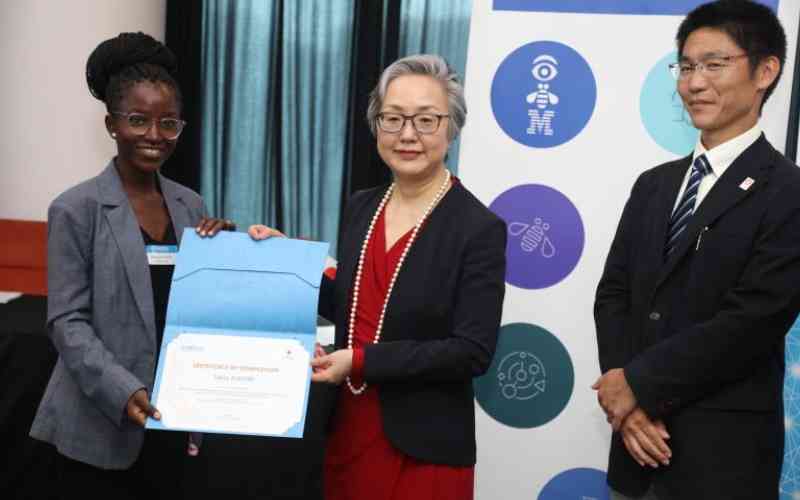
Naliapu mother-to-mother support group in Lontolio, Marsabit County has now adapted a new concept, practising integrated Farmer Managed Natural Regeneration (FMNR.)
The women group with a membership of 20 women has been identifying, selecting, protecting and propagating trees of economic importance as a means of conserving the environment.
The FMNR focuses on climate change adaptation and mitigation to increase food security and climate resilience among smallholder farmers.
As a means to rehabilitate their lands that were fast getting degraded, Naliapu women group opted to adopt the concept FMNR.
Nachangai, the chairlady of the Naliapu, points out to the community’s nomadic way of life as a contributor to the degradation of the environment.
“In the process of migrating, we have to cut trees and shrubs to construct our new houses, fences and livestock bomas, and you will agree with me, this is a lot of trees and vegetation mass’’, Nachangai says.
“Culturally, we are not supposed to carry the old construction stock as we migrate, but we have to leave behind and start a new life after some time, look…’, she points to the degraded land. “All this place was well covered with trees, but, now, it’s a skeleton of its former, it is us who destroyed it.”
But for the women group, the introduction of FMNR has changed their view on conserving the environment.
“With the coming in of FMNR, we had to change our mindset, and resolve to collectively protect our environment, as well as reduce migration, and should we migrate, we re-use the materials.” She says.
“But with the knowledge of FMNR, we are currently doing appropriate pruning and utilization of the tree branches, unlike in the past where we used to fell the tree, or, do inappropriate pruning,” Nachangai observes.
But the journey has not been easy for the community.
“First, we had to accept to be trained, and rally the community at large to support this new conservation concept’, Ngokeren, member of the group acknowledges.

But having overcome the challenge of acceptance, their efforts are now starting to bear fruits.
“We have realized the benefits, such as availability of browse and fodder (acacia pods) for our livestock,” she says adding, “That we have milk stock that remains at our manyattas, while the livestock are away in grazing lands, ensuring that milk is available for our young children and family”
“For sustainability, we have trained these farmers on alternative energy sources to reduce cutting down of trees for firewood, adoption of alternative livelihood options such as home gardening, gums and resins harvesting and selling,” Lavenda Ondere, Natural Resource Management Specialist says.
From pruning, the women get medicinal herbs, wild fruits, building materials, “...and this motivates us to promote FMNR,’ Nachangai observes.
“Also, our livelihood is dependent on the environment, we derive everything we need from it, it’s our duty to spearhead, regeneration and protection, and we appreciate World Vision for opening our mindsets, and we hope every single person in our village will walk with us’.
This concept of naturally allowing the ecosystem to regenerate is locally led, cheap and rapid.
Integrated Management of Natural Resources for Resilience in ASALs (IMARA) Program Director Obadiah Kisang says more women in Arid and Semi-Arid Lands (ASALs) should be involved in increasing resilience of their communities through diversified livelihoods that promote sustainable natural resource management.
"Working with women is at the core of our key strategies on gender and social inclusion where are dedicated to involving women and youth in our interventions, ” Kisang says.
Farmer Managed Natural Regeneration in Marsabit County is supported through World Vision’s Fonsareb and IMARA Programs.
Food Security officer Victor Kamadi adds that there is need to advocate for FMNR integration in Government and Non-government institutions through trainings and partnerships.
Wesley Kipng’enoh supports Communications for World Vision-IMARA.
 The Standard Group Plc is a multi-media organization with investments in media platforms spanning newspaper print
operations, television, radio broadcasting, digital and online services. The Standard Group is recognized as a
leading multi-media house in Kenya with a key influence in matters of national and international interest.
The Standard Group Plc is a multi-media organization with investments in media platforms spanning newspaper print
operations, television, radio broadcasting, digital and online services. The Standard Group is recognized as a
leading multi-media house in Kenya with a key influence in matters of national and international interest.

